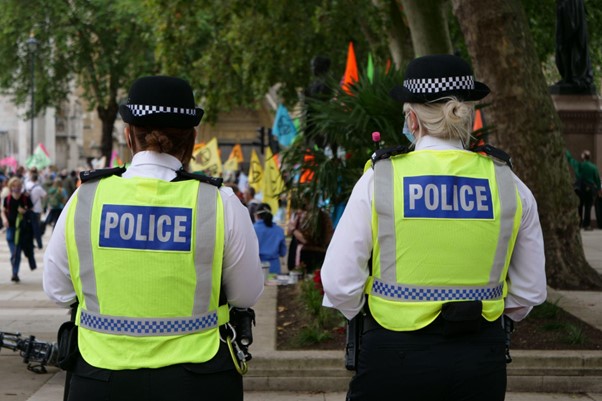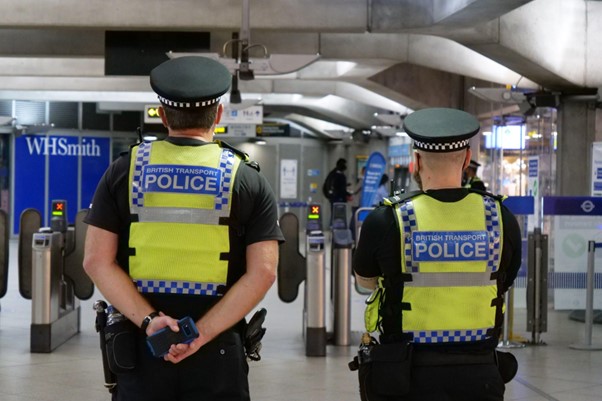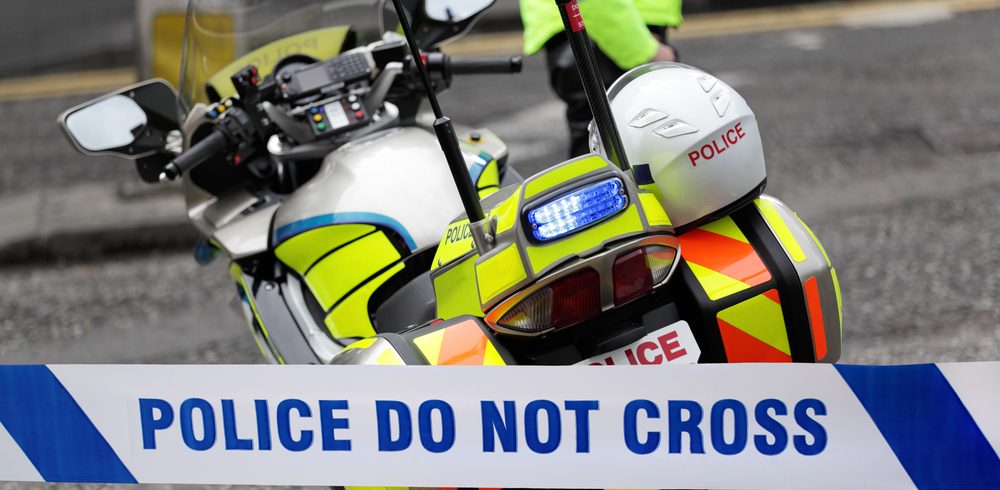West Midlands Police, the country’s second-largest police force, has been put in special measures after it was found to be delivering an inadequate service across a number of key areas. The measures, officially known as “Engage”, subject the service to more intensive monitoring to ensure they respond to these serious concerns.
The Chief Constable of West Midlands Police, Craig Guildford, has objected to the decision by His Majesty’s Inspectorate of Constabulary and Fire & Rescue Services (HMICFRS). He stated that the failings identified by HMICFRS are from a period before the force introduced a new operating model in April. “I want to reassure people that we had already identified these issues and put robust plans in place to rectify them,” he said in an official statement.
However, it has subsequently emerged that officers from WMP may have significantly and repeatedly underreported their use of force. This new development will no doubt contribute to concerns from local residents that the force is failing to meet their needs – with potentially serious consequences.
In this post, we’ll look at the specific criticisms West Midlands Police is facing. We’ll also look at the standards that the police are held to when it comes to protecting the public – and what you can do if they fail to meet those standards.
West Midlands Police “inadequate” in multiple areas
The decision to move WMP into special measures was first announced on 24th November, accompanied by strong words from James Cleverly, the Home Secretary.
In a post on X, Cleverly described the situation as “a failure of leadership from Labour’s West Midlands Police and Crime Commissioner” and stated “we will do everything in our power to ensure the police are keeping the people of this country safe.”
The move was justified by HMICFRS inspectors’ findings that the force was inadequate in three of the eight areas it assessed. These areas were:
- Investigating crime
- Protecting vulnerable people
- Managing offenders and suspects
Their detailed report found that, of the 100 investigations examined by inspectors, only 54 were effective. Further, WMP failed to give an acceptable support to victims in 37 of 95 cases.


Failures in reporting the use of force
Following the force being placed in special measures in late November, it has been revealed WMP has also been falling short when it comes to reporting the use of force.
As reported by the BBC, the full report from HMICFRS, released on December 22nd, indicated that WMP may have failed to report as many as 46,000 incidences of force being used by officers.
While the use of force by police officers is justified in specific circumstances, there are strict regulations that must be followed – and this includes proper reporting. If the use of force is not properly documented, it becomes more difficult to ensure that force is being used only where necessary.
In the case of WMP, for instance, the instances of force that were recorded indicate a concerning pattern. As the HMICFRS report notes, “16.5% of all recorded incidents where officers used force were against people from a Black or Black British background.” However, the local Black population, according to the most recent census, is just 8.1%.
This disparity is in and of itself cause for concern, but also raises questions about what the unrecorded incidents would reveal. Further, WMP does not record use of force by gender, leaving further uncertainty over whether force is being used appropriately.
The risks of police misconduct
The reports of WMP’s failings are concerning, as they suggest the force is falling short of its duty to protect the public adequately. This is particularly important, as failure to ensure the police are acting appropriately can result in police misconduct.
As we’ve discussed elsewhere, police misconduct refers to behaviour by the police that fails to meet the expected standards. These standards are set out in the Standards of Professional Behaviour, as specified by the Police (Conduct) Regulations 2020, and are intended to ensure that the police use their powers appropriately and treat members of the public fairly.
Examples of police misconduct can include:
- Excessive force
- Unlawful stop and search
- Trespass to property
- Breach of data protection
- Wrongful arrest
- Discrimination under the equality act
Needless to say, experiencing any of these kinds of police misconduct can be a deeply distressing experience. It can also lead to a range of negative impacts, from physical injury to reputational damage and ongoing health issues.
However, it is important to be aware that there are steps that victims of police misconduct can take to ensure that the incident is acknowledged and that they are able to move on with their lives. And this includes seeking compensation.


What to do if you’ve experienced police misconduct
If you’ve believe you’ve been a victim of police misconduct, there are a number of steps you can take to seek redress.
In the first instance, you can complain directly to the police force responsible. The Independent Office for Police Complaints (IOPC) lists the relevant page for every local force on its website, as well as providing some information on what you can expect.
Unfortunately, as you’ll see, making a complaint directly to the local force has some limitations. While you may receive a formal apology, which can certainly be important, you will not receive any compensation. If the incident resulted in financial losses – healthcare costs, for instance – you may want to go further.
In order to seek compensation for police misconduct, you’ll need to pursue a civil action against the police. This may involve taking the force responsible to court. While this may seem like a major step, it’s an important one to consider. After all, if police misconduct has had a direct and significant impact on your life, compensation can often be an important way to recover from and move past this incident.
HNK Solicitors can support your civil action against the police
The recent news regarding WMP may have given you cause for concern. However, it’s important to understand that, if you do experience police misconduct, you have a number of options to help you bring attention to what has happened and seek some means of redress. And pursuing a civil action against the police is foremost amongst them.
If you are considering seeking compensation in relation to police misconduct, it’s important to consult an experienced solicitor. They will be able to give you a clear explanation of whether you might be entitled to compensation, based on a full understanding of the relevant laws. And they will also be well-placed to help you get the compensation you deserve.
Here at HNK Solicitors, our team of experts has helped many victims of police misconduct secure compensation – take a look at our case studies page to see some recent examples. We offer free consultations, with no obligation to take your claim further. So, if you’re considering pursuing a compensation claim following mistreatment by the police, get in touch today. Simply fill out the form on our website to request a call back. Alternatively, call us on 0151 203 1104 or email us at enquiries@hnksolicitors.com.







